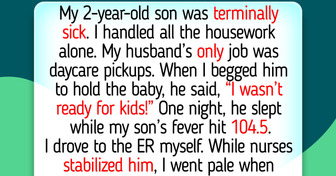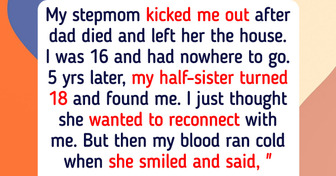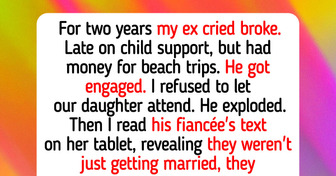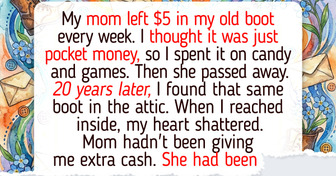My Husband Let His Sister Breastfeed Our Newborn, the Truth Is Far More Disturbing

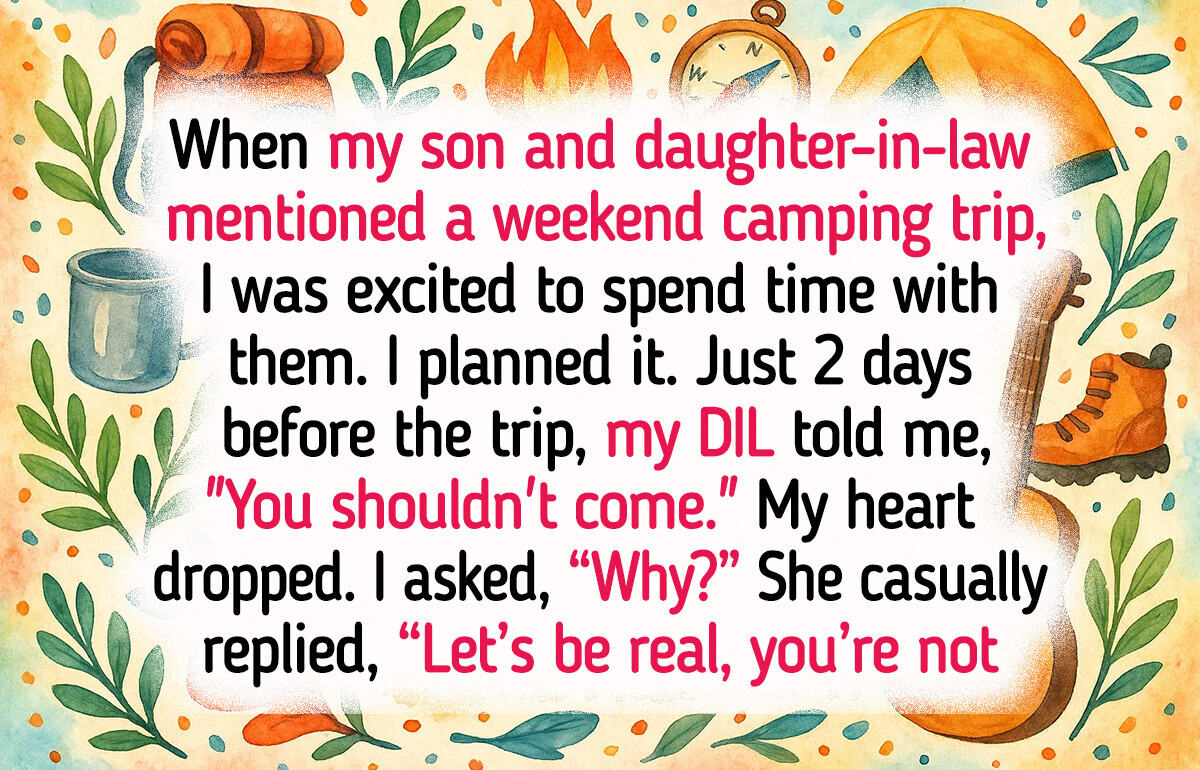
The bonds we share with loved ones can be tested in the most unexpected ways. Sometimes, the smallest comments or decisions can have a huge emotional impact.
One woman, an avid camper for over 30 years, found herself excluded from a camping trip she had eagerly helped plan.
Camping has always been my escape.
For over 30 years, I’ve relied on the outdoors to clear my mind and recharge. So when my son and daughter-in-law suggested a weekend camping trip, I was thrilled. I offered to help plan it—after all, I had the experience and the knowledge of what made for a great trip.
They agreed, and everything seemed perfect.
But then, just two days before the trip, my daughter-in-law casually told me,
“It’s best if you don’t come this time.”
I was shocked. When I asked why, she chuckled and said,
“Let’s be real. You’re not exactly in your prime anymore. What if something happens out there? It might be a bit much for you.”
My heart sank. I was speechless. How could this be happening? I had been looking forward to this trip, and now I was being excluded—told I wasn’t capable of joining my family in an activity I loved.
Was it because of my age? Was I really too much of a burden?
Being excluded can trigger feelings of rejection, but it’s important to challenge the immediate assumption that it’s a reflection of your worth.
According to cognitive behavioral therapy (CBT), our thoughts shape our emotions. Instead of focusing on the negative thought that “I’m not needed or wanted,” reframe it to something more neutral or positive, like, “They might be concerned for me, but that doesn’t diminish my value or capabilities.” This can help shift your emotional response from hurt to understanding and prevent overthinking the situation.
Instead of bottling up your feelings or letting them build up into frustration, use open communication to express your concerns.
Psychological studies on conflict resolution highlight that active listening and “I” statements (e.g., “I feel hurt when...”) are more effective than accusatory language in resolving conflicts.
It’s possible that your daughter-in-law didn’t intend to hurt you, and a conversation can help clarify the situation and strengthen your bond, while also ensuring that your concerns are heard.
Sometimes, exclusion can be a sign that family members are unintentionally overprotective. This might be linked to an overestimation of your health or capabilities, but also possibly their need to care for you.
It’s important to clearly communicate your needs while recognizing that the decision may stem from a place of concern.
If you feel confident in your abilities, reaffirm this with your family in a calm, assertive manner—doing so can help set a healthy boundary while protecting your independence.
Rather than fixating on being excluded, focus on ways to nurture your own well-being and growth. When we treat ourselves with kindness, especially in difficult situations, it enhances emotional resilience.
Try to find joy in activities that are fulfilling for you, such as going on solo trips, joining a camping group, or even trying new hobbies. This not only boosts self-esteem but also helps you maintain a sense of purpose outside of family dynamics.
If you’re interested in another family-related story, you might enjoy reading another example of setting boundaries and navigating the emotional complexities of family dynamics. Here’s the story of a woman refusing to help her sick MIL.


